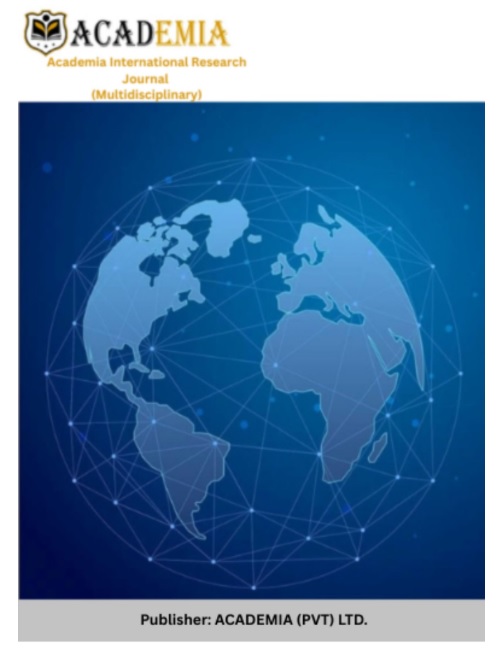Journal Information
Name of Journal: Academia International Research Journal (Multidisciplinary)
Journal Frequency: Quarterly
ISSN Print: 3105-5710
ISSN Online: 3105-5729
Language: English
Publisher: ACADEMIA (PRIVATE) LIMITED
Review Type: Peer-Reviewed
Area of Publication: Multidisciplinary (Sciences, Social Sciences, Humanities, and Technology)








